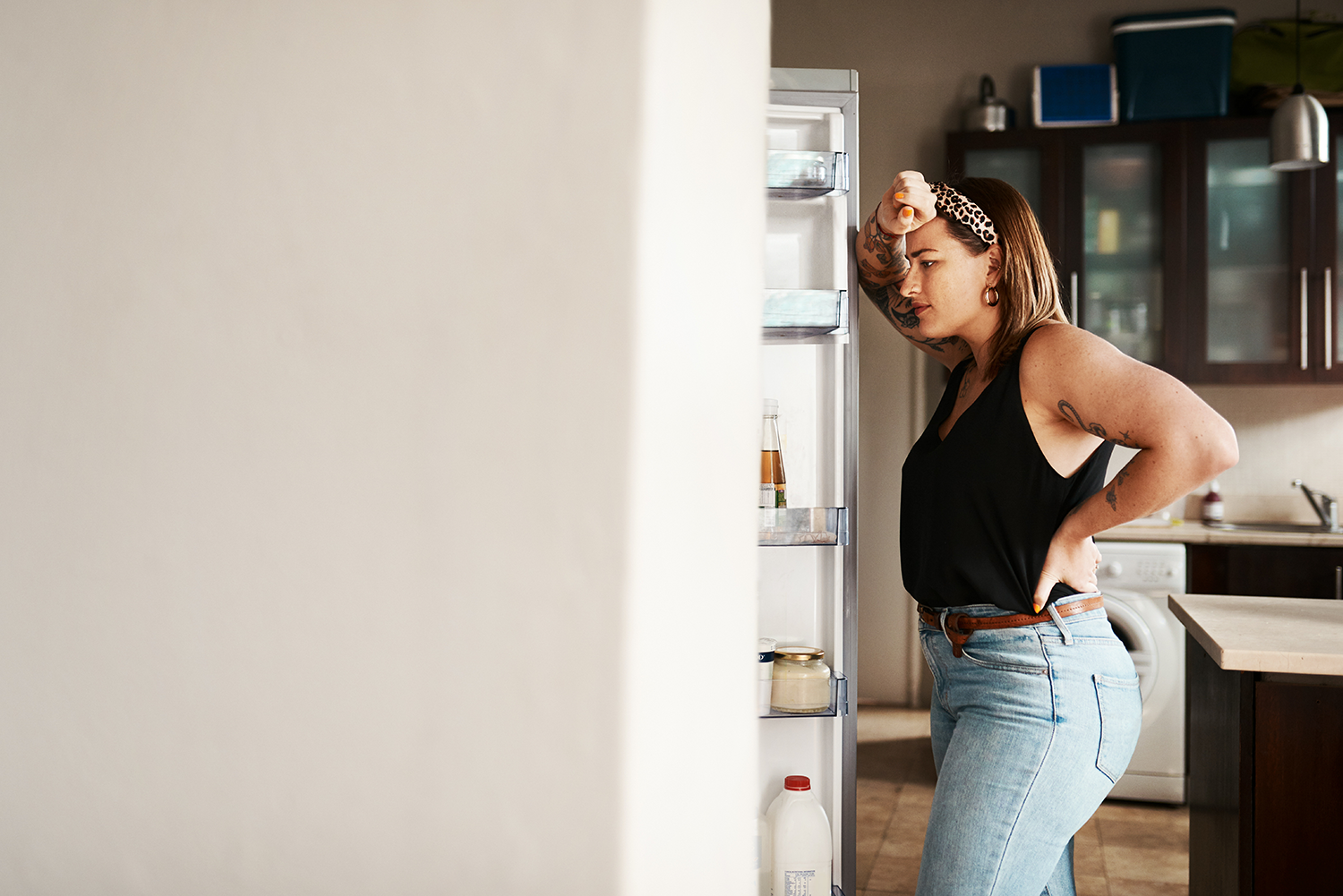A Little Treat or a Bad Habit? Breaking Up with Snacking
For many people, relationships with food are complicated. Snacks are no different.
Snacking has become a habitual part of our daily lives, whether it's a little treat between work meetings or grabbing something to curb that afternoon snack attack. These little bites can add up quickly. But if your goal is to be at a healthy weight, reevaluating your relationship with snacks could be a game-changer.
Find Your Healthy Relationship with Snacking
Don’t worry—breaking up with snacking doesn’t mean you can never snack again. It’s about interrupting the cycle of mindless eating and being more intentional about your choices. Here’s how:
One of the key steps to breaking up with snacking is learning to differentiate between true hunger and the habit of snacking. Ask yourself: are you reaching for that bag of chips because you’re genuinely hungry, or is it out of boredom, stress, or simply because it’s there?
True hunger typically builds gradually. Emotional or habitual snacking, on the other hand, is usually triggered by external factors, and often, you’ll crave something specific—usually high in sugar, fat, or salt.
2. Be intentional when you eat
Rather than mindlessly munching throughout the day, focus on nourishing your body with intentional, balanced meals. When you prioritize nutrient-rich meals, you’ll feel fuller for longer, reducing the urge to snack.
Try to stick to regular meal times, and if you find yourself reaching for a snack out of habit, take a moment to assess whether you’re truly hungry. If not, consider having a glass of water, taking a short walk, or engaging in another activity to distract yourself.
But what if you’re still hungry between meals? That’s where healthy, nourishing snacks come in. The goal is not to starve yourself but to ensure that what you’re eating is serving your body and your goals. The trick is eating the right snack.
3. Snack smartly
If you do need a snack to tide you over, opt for foods that will genuinely nourish you rather than just satisfy a craving. Fruits, vegetables, nuts, and yogurt are excellent choices. They provide the nutrients your body needs without the empty calories found in processed snacks.
Here are a few simple healthy snack ideas:
- A handful of almonds or walnuts: Packed with healthy fats, protein, and fiber, nuts can keep you satisfied. Nuts can be high in calories, so stick with a handful.
- Chia seed pudding: Looking for a quick, easy, healthy, minimal prep snack recipe that could double as breakfast? Chia seed pudding is loaded with antioxidants, protein, fiber, and healthy omegas.
- Apple slices with almond butter: Most fruits make great snacks, and fiber-rich apples are a great option. Add some almond butter for healthy fats and a touch of protein.
- Nice cream: “Nice cream” is a healthier version of ice cream without added sugar or dairy. Creamy blended frozen fruits (especially bananas) make up the base instead of milk and eggs.
Don’t Let Snacking Hold You Back From Success
Successfully losing or maintaining weight is about balance and mindfulness. By breaking up with unnecessary snacking and focusing on nourishing your body with wholesome foods, you’ll not only see better results but also feel more energized and satisfied throughout the day.
Remember, it’s not about deprivation but about making smarter choices that support your health and weight goals. So, take a step back, reassess your snacking habits, and embrace a more intentional approach to eating—you might be surprised at the difference it can make.
CON-2217-001 10/24

